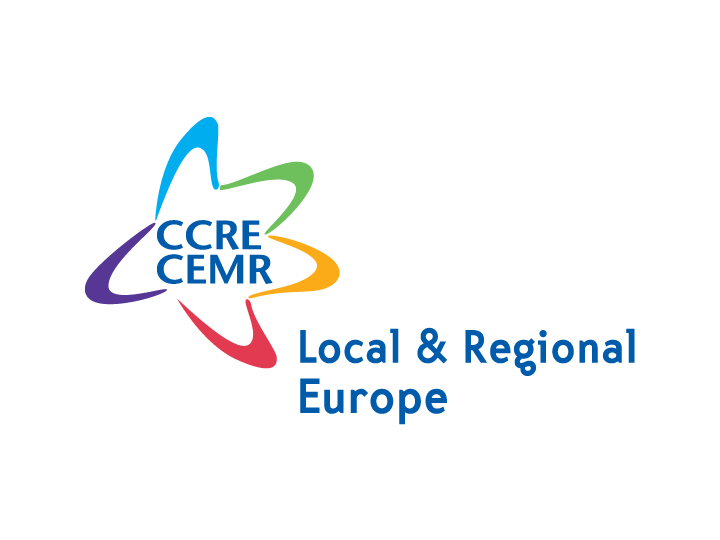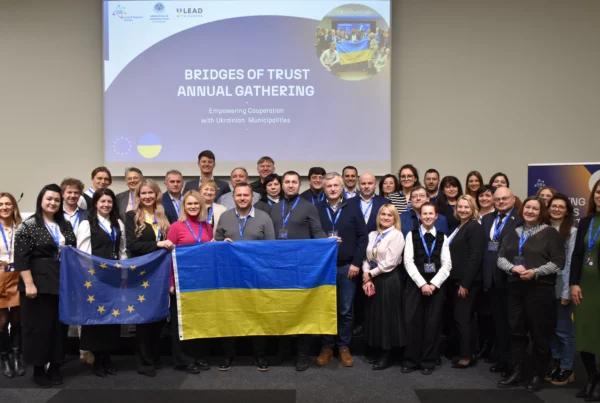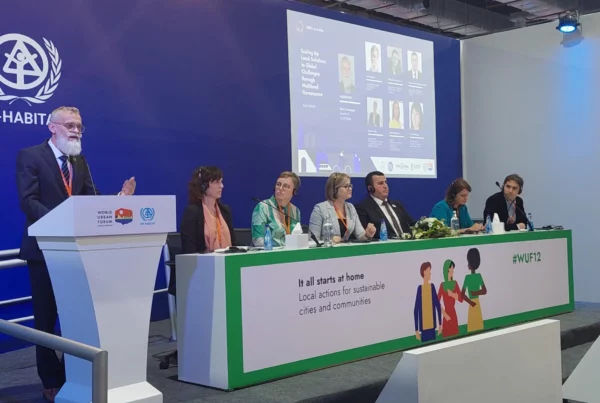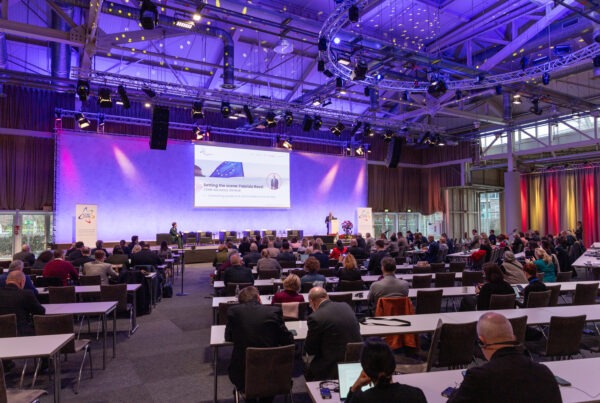CEMR calls for better follow-up of existing initiatives
The Council of European Municipalities and Regions (CEMR) addressed a message to the European Commission (EC) and European Parliament calling for enhanced cooperation with sub-national authorities and a better follow-up of existing initiatives in the promotion of gender equality.
The message was drafted at the occasion of a seminar on the future of gender equality held in Stockholm on 6 and 7 May, at the invitation of the Swedish Association of Local Authorities and Regions, a member of CEMR.
Despite the recent inclusion of gender equality in the EU Justice, Fundamental Rights and Citizenship portfolio, managed by EU Commissioner Viviane Reding, CEMR has identified a series of obstacles preventing the promotion of true gender equality. Indeed, CEMR’s Committee of woman elected representatives of local and regional authorities deplore the lack of follow-up on initiatives, such as the European Charter for equality of men and women in local life, which no longer benefits from the Commission’s support.
In addition, the large amount of paperwork managed by the Commission results in its being less present on the ground where large scope initiatives are being led and where local and regional authorities have called for dialogue and support.
Thus, CEMR hopes that local and regional authorities will soon benefit from the relevant financial resources and mechanisms for the promotion of equality between men and women. The European Institute for Gender Equality should also be equipped with the necessary tools required to successfully accomplish its mission.
Finally, CEMR wishes to see sub-national levels of government, including local and regional associations, social partners and civil society, systematically included in EC gender equality consultations.
CEMR’s activities in the field
CEMR has long been working for the promotion of gender equality in municipalities and regions, notably through the development of a project called ‘The town for equality”. This project aims at gathering examples of best practices in terms of gender equality achievements and providing a methodology to help local representatives progress in this area.
CEMR’s Charter for equality of women and men in local life falls in line with this project. Launched in 2006, the Charter has been signed by close to 1000 local and regional authorities.

Gender, Diversity and Migration Officer






